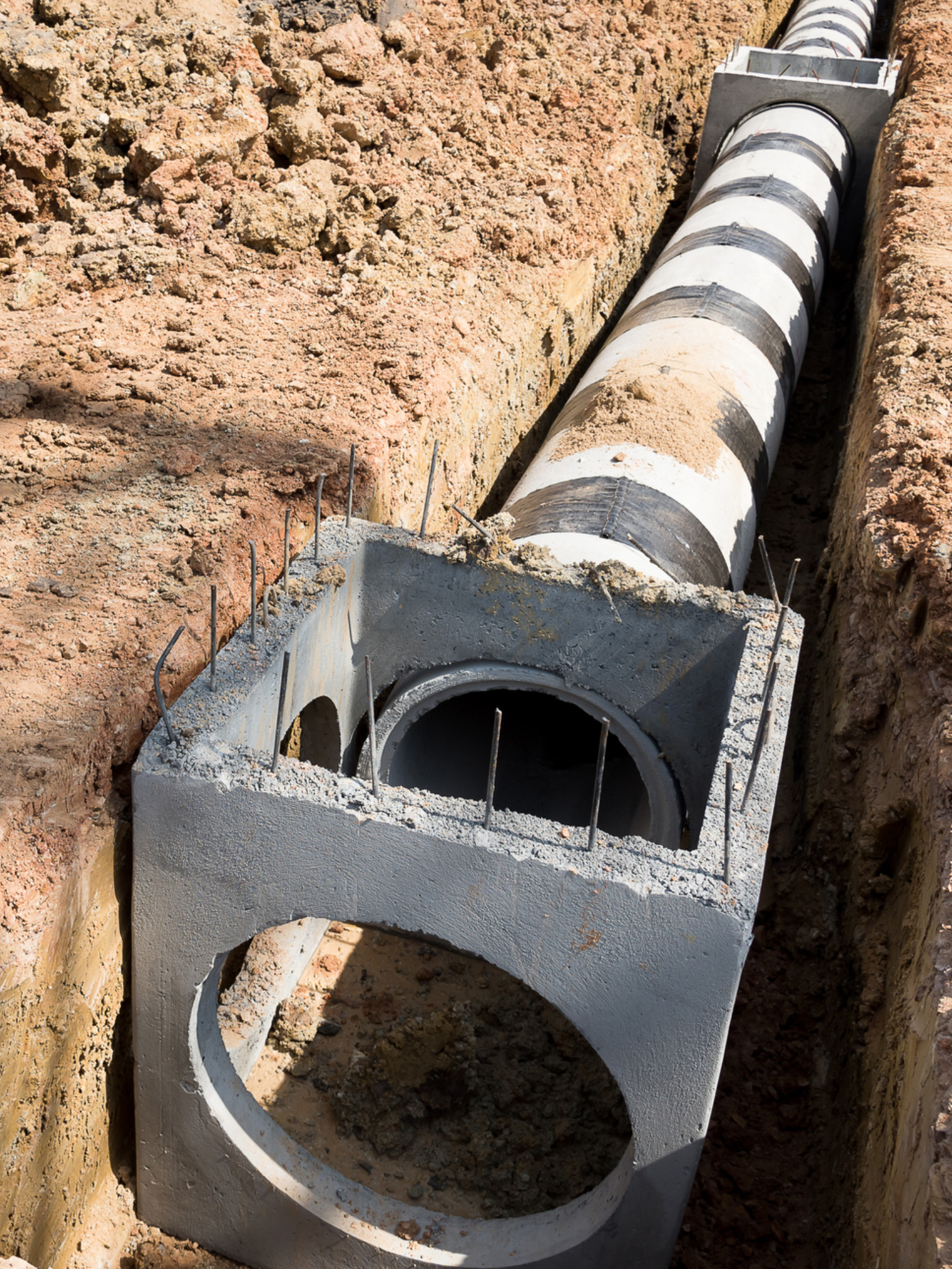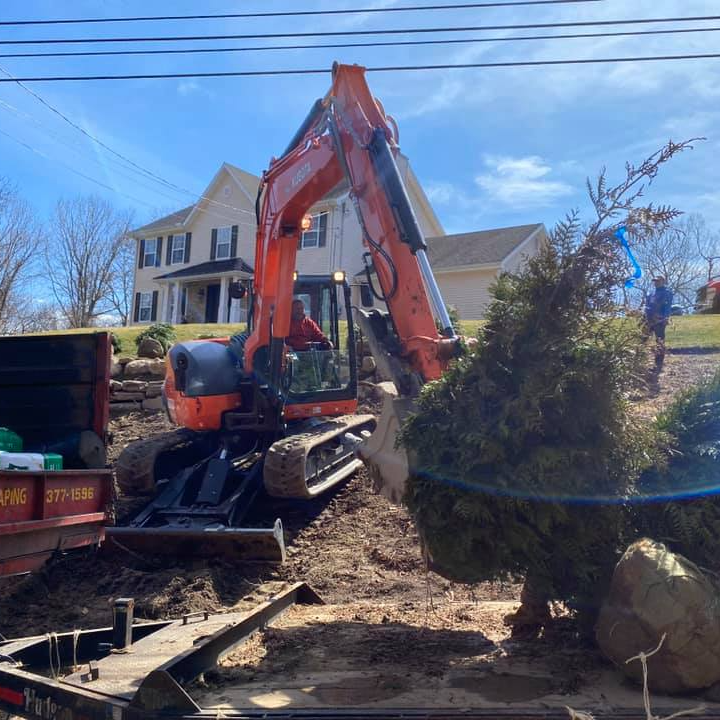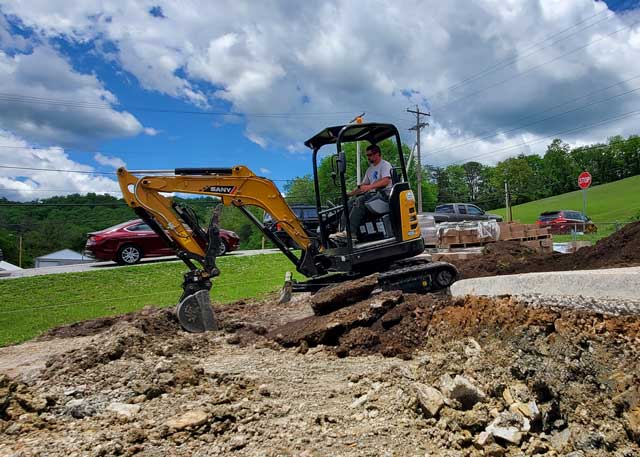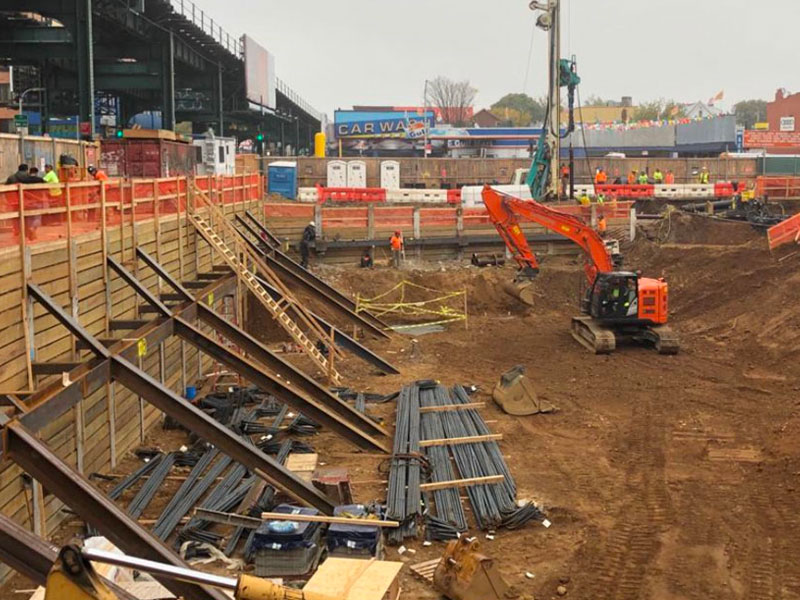Excavating Ohio - Top Excavation Contractors for Ohio Projects
Excavating Ohio - Top Excavation Contractors for Ohio Projects
Blog Article
Comprehensive Excavation Techniques: Understanding the Principles for Success
The cautious preparation, exact implementation, and careful interest to information called for in excavation tasks require a detailed technique that incorporates numerous basic elements. The true mastery exists not just in recognizing these basics however in effortlessly incorporating them to navigate the complexities of excavation tasks with skill.
Recognizing Excavation Task Planning

Successful excavation projects are improved the structure of complete and precise planning. The first phase of any type of excavation project is the planning phase, where essential decisions are made that can considerably impact the end result of the job. Throughout this phase, it is necessary to collect all relevant info about the site, including topographical surveys, soil make-up, and any kind of possible threats that might exist. Comprehending the task spending plan, extent, and timeline constraints is crucial for producing a thorough excavation strategy that makes certain the job's success.
One key element of excavation job planning is the advancement of an in-depth timeline that outlines the sequence of turning points, due dates, and activities. This timeline works as a roadmap for the task team, enabling them to track development and make needed modifications to guarantee the task remains on timetable. In addition, a well-defined spending plan that represents all costs, including devices leasing, labor costs, and products, is important for avoiding cost overruns and hold-ups. By meticulously taking into consideration all these variables during the preparation stage, excavation tasks can be implemented effectively and effectively, causing successful end results.
Dirt Evaluation and Site Analysis
Performing extensive dirt evaluation and site assessment is a vital action in the preparation phase of any kind of excavation task. Dirt analysis includes establishing the composition, structure, and residential properties of the soil at the excavation site. This info is critical for comprehending the dirt's bearing capacity, moisture material, and capacity for erosion, which are vital consider identifying the excavation methods and equipment needed for the task.
Website evaluation exceeds soil analysis and includes a wider analysis of the total website problems. This analysis consists of recognizing any kind of possible threats, such as below ground utilities, ecological problems, or unsteady surface, that could influence the excavation procedure. By completely reviewing the website, task supervisors can establish effective excavation techniques that prioritize safety, efficiency, and ecological defense.
Making use of innovative modern technologies like ground-penetrating radar, soil sampling, and drone studies can boost the precision and performance of dirt analysis and site assessment. Investing time and sources in these initial steps can eventually save time and protect against pricey delays or problems throughout the excavation process.
Tools Choice and Usage
Efficient excavation jobs rely greatly on critical devices option and utilization to make certain ideal performance and performance. Selecting the best tools for the task is vital in making the most of performance and decreasing downtime. Elements such as the type of dirt, depth of excavation, and job extent play a considerable function in establishing one of the most suitable devices for the job available.

Along with selecting the look at this website ideal tools, proper usage is essential to job success. Operators needs to be trained to take care of the equipment safely and efficiently - excavating ohio. Regular maintenance checks and timely repair services assist avoid break downs and make sure regular efficiency throughout the job
Precaution and Laws Compliance
In the realm of excavation tasks, focusing on safety and security actions and compliance with regulations is extremely important to ensuring a legitimately audio and safe operational setting. Safety and security procedures include a series of techniques, consisting of conducting detailed site assessments, executing proper signs and barriers, and offering adequate safety training for all employees entailed in the excavation process. Adherence to regulations, such as OSHA demands in the United States, ensures that the excavation project satisfies the necessary criteria to safeguard employees, onlookers, and the surrounding atmosphere.

Surveillance Development and Adjusting Techniques
Just how can project supervisors properly track the advancement of excavation jobs and adjust their strategies appropriately to maximize outcomes? Tracking progress is vital for guaranteeing that excavation projects stay on track and meet due dates. Task supervisors can utilize various devices and techniques to track progression, such as everyday development records, routine site inspections, and progressed surveillance modern technologies like drones and general practitioners tracking systems. By continuously keeping track of the task's development, managers can recognize any type of possible delays or concerns early on and take positive measures to address them.

Verdict
To conclude, grasping the fundamentals of thorough excavation methods is crucial for the success of any kind Discover More of job. By understanding task planning, analyzing dirt and website conditions, picking suitable tools, abiding by safety and security laws, and keeping an eye on development, project managers can make sure a reliable and smooth excavation process. Implementing these approaches will bring about successful end results and reduce potential dangers or setbacks during the excavation task.
The preliminary stage of any excavation job is the preparation stage, where essential decisions are made that Get More Information can significantly affect the end result of the project. Understanding the job timeline, budget, and range restraints is critical for creating a thorough excavation plan that makes sure the project's success.
Exactly how can forecast supervisors properly track the development of excavation jobs and adjust their approaches accordingly to optimize results? By very closely monitoring progression and being willing to adapt methods, task supervisors can improve the total success of excavation jobs.
By understanding task preparation, analyzing soil and site conditions, selecting suitable devices, conforming with safety and security laws, and monitoring progress, project managers can make certain a efficient and smooth excavation process.
Report this page